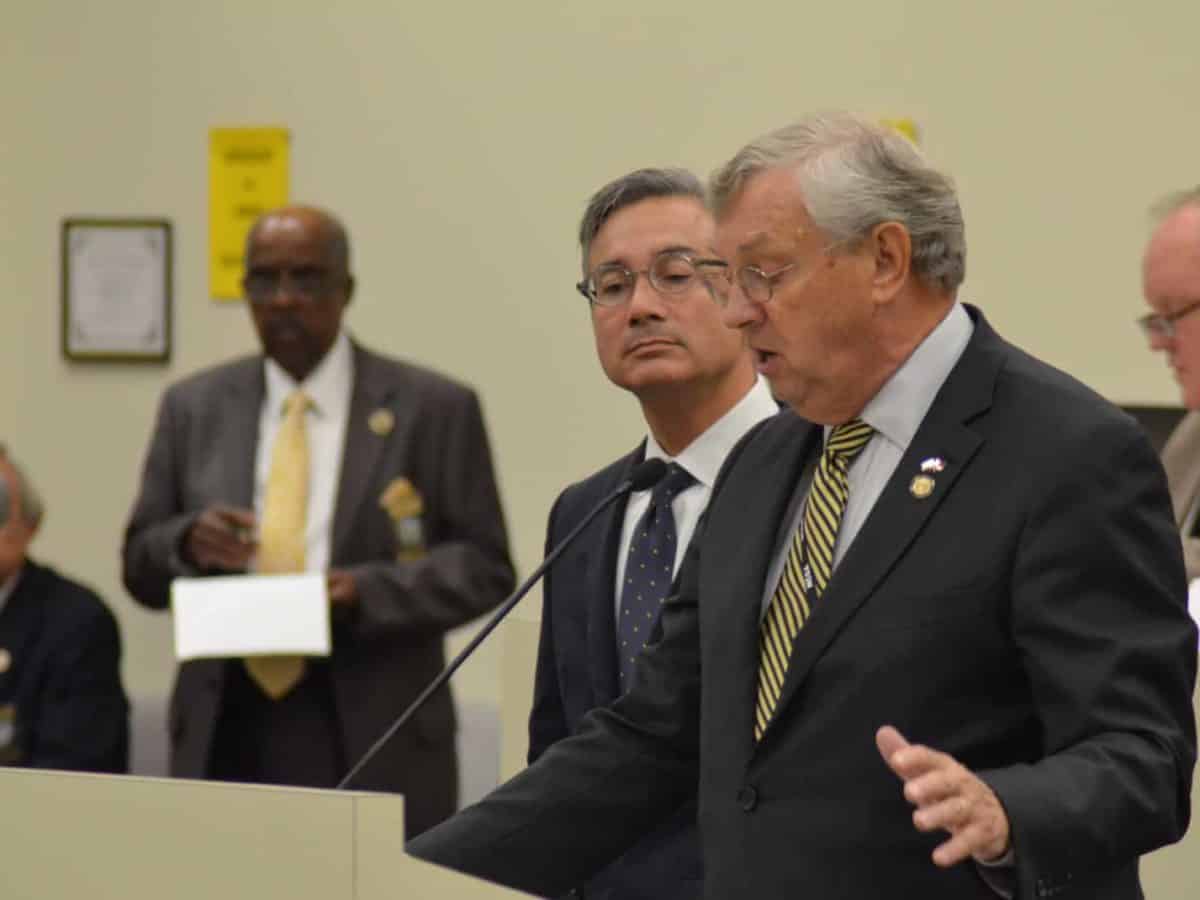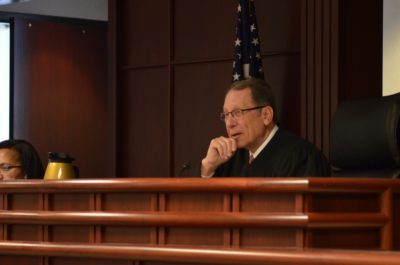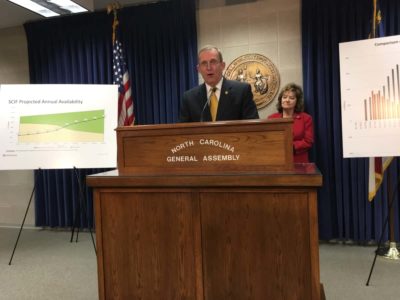
In a quick special session today, the General Assembly approved legislation that waives most missed school days for districts and ensures educators and school staff continue to get paid.
Under the bill (both the House and Senate filed identical bills), districts in an area declared a major disaster by the President can make up any missed school days if they so choose, but the legislation waives any missed days up to a total of 20 days. For districts not in an area declared a disaster, districts must make up the first two days missed but missed days after that are waived by the state.
The legislation also ensures that all staff within traditional public schools will continue to be paid during missed school days. The General Assembly appropriated $6.5 million extra to pay employees who are compensated under the National School Lunch Program or School Breakfast Program. That money is essentially to make up for the money that would have come to the state though the federal government.
In a joint appropriations committee meeting earlier today, Rep. Craig Horn, R-Union, and Sen. Mike Lee, R-New Hanover, both presented the education bill and said that this legislation was about assuring the public that the state was going to do something about the damage caused by Hurricane Florence.
“There are issues that have not yet surfaced,” Horn said. “Water is an incredible thing what it can do to buildings and lives.”
He and Lee both said this legislation is a first step, and lawmakers expect to continue working on hurricane relief when the General Assembly comes back into session on Oct. 15.
A few lawmakers had questions related to the provisions of the education bill. Sen. Floyd McKissick, D-Durham, said he was concerned that if the state allowed districts to not make up for lost time, then some students would suffer.
“I don’t think it is, perhaps, in the best interest of these students to not make up this time,” he said.
Sen. Harry Brown, R-Onslow, a chair of the committee, said that the state isn’t mandating that districts waive missed days, it is just trying to give them flexibility.
“I don’t think any county wants to excuse 20 days of classwork,” he said.
Horn agreed that having students miss instructional time wasn’t a good thing.
“Instructional days are critically important,” he said. “Some of these kids that are impacted are the ones that need it most.”
He said lawmakers were working with districts and education leaders to find ways for schools to address lost instructional time. He said that different districts are facing different situations, so it’s incumbent on local leaders to figure out what they need and tell lawmakers.
When it hit the House and Senate floors, both chambers voted unanimously to pass the legislation.
Superintendent Mark Johnson spoke early in the day at the joint appropriations committee, saying that more than 1.2 million students have been affected by the hurricane, missing at least some school. He said more than 100,000 state students are still not in school. He said estimates are that the damage from Hurricane Florence would end up costing three times more than 2016’s Hurricane Matthew, which the General Assembly had a special session to address in 2016.
“We will get the schools back up and running,” he said.
But he said that even in schools that reopen, problems will remain.
“Even if we can open up that school, we have students and teachers who have lost everything,” he said.




